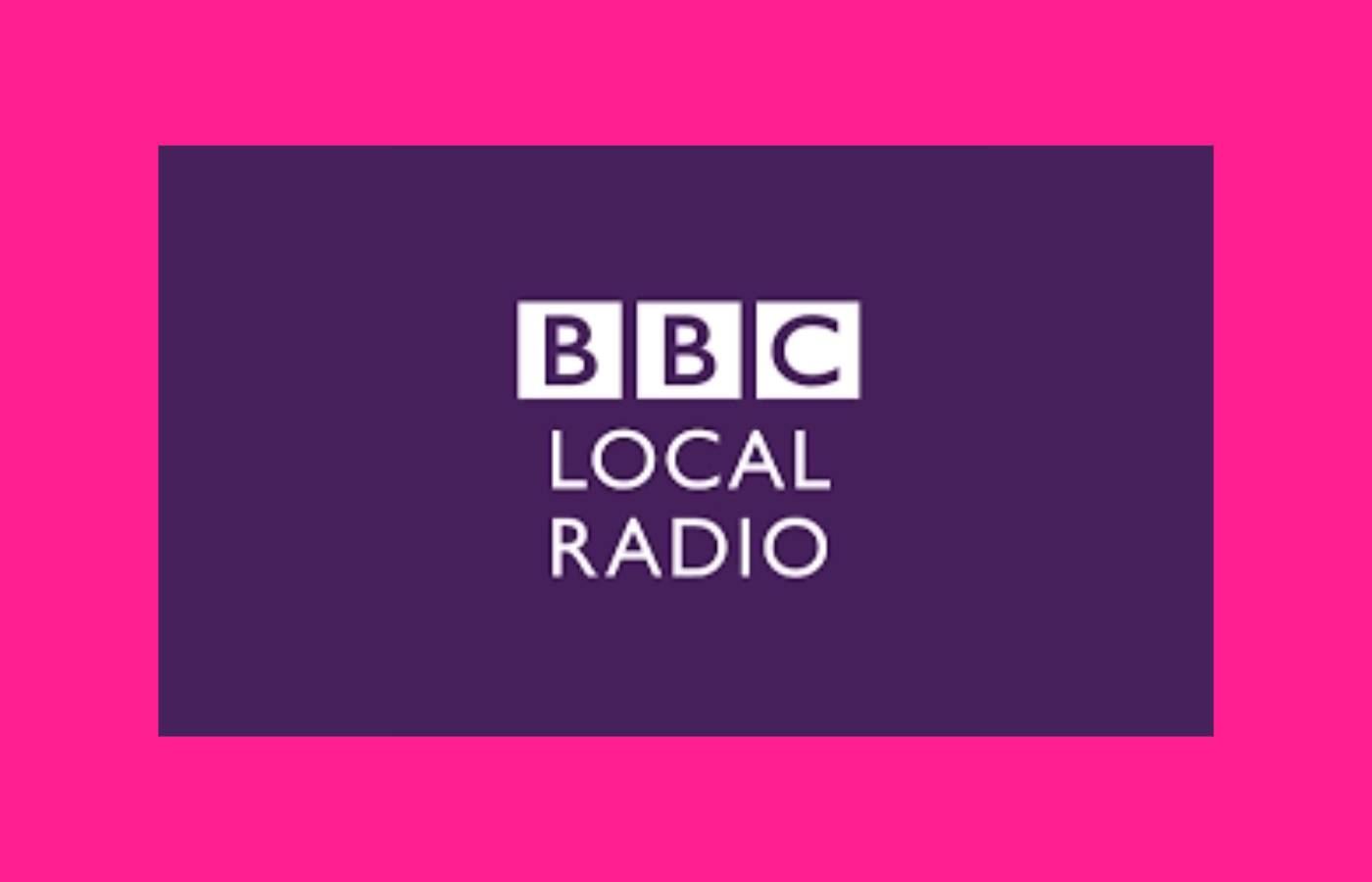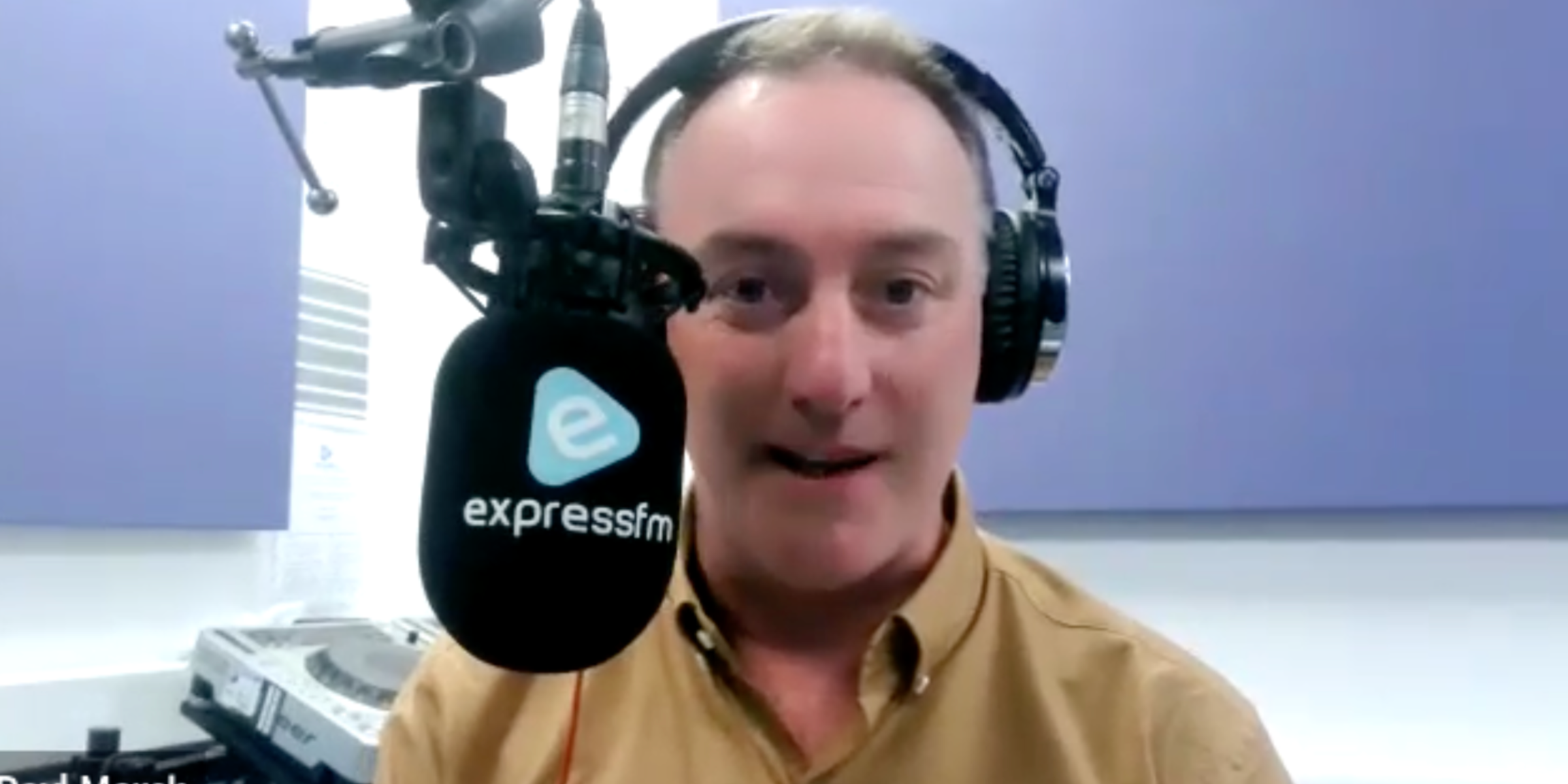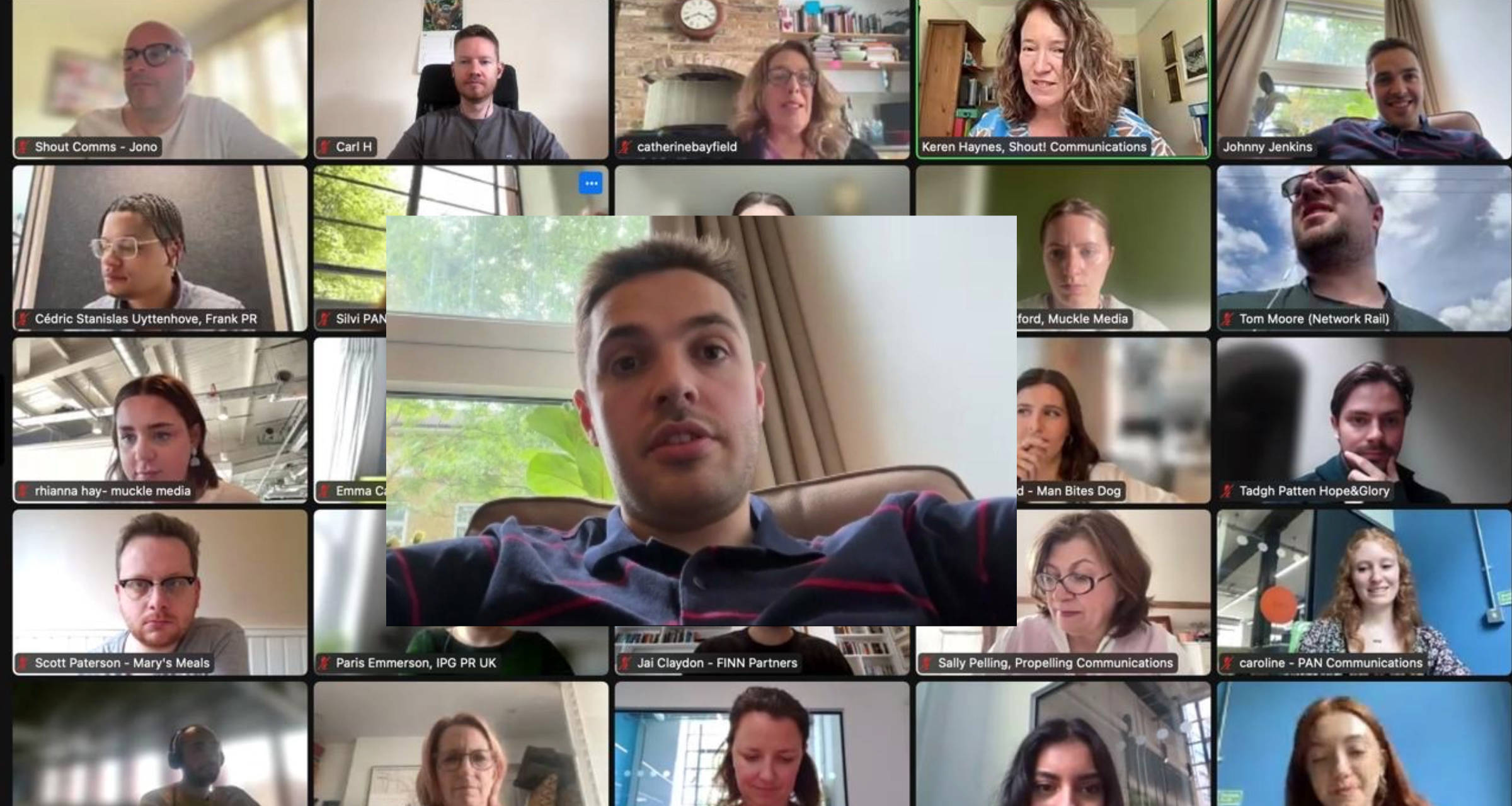It’s all change at BBC local radio
The world of broadcasting is constantly evolving, from the stories broadcasters cover, how they cover them, and the technology they use to do so – it’s inevitable that change will always happen. In fact, you may or may not have heard there are currently big changes in process within BBC local radio. With significant manoeuvres in staff, listening propositions and the way the world’s oldest broadcaster offers content, what will this mean for audiences and broadcast PR opportunities going forward?
Why are changes planned at BBC local radio?
Back in May 2022, the BBC announced it was setting out to build a digital-first public service media organisation. The reality is, the way audiences consume content has dramatically changed since they first started offering daily radio broadcasts in 1922. Back then, the radio was the focal point of the home – an era before TV. Images of families huddled around the radio to catch up on the latest news at home and abroad as well as memories of generations being entertained have been etched into the history books of time. Now, we, as audiences consume content differently. We no longer want to wait for content, we want it on demand. We have access to so much more than our ancestors, and competition is fierce, not just from traditional broadcasters, but other platforms such as YouTube, TikTok, podcasts and Netflix. If the BBC wants to avoid being left behind, they need to change.
In a speech to all staff at the organisation, Director-General Tim Davie said the BBC was set to reform in a bid to stay relevant and compete in a busy, modern world. This means, moving away from traditional linear local radio stations to services that offer audiences the content they want, when they want it. He said the plan focused on creating a modern, digital-led and streamlined organisation that drives the most value from the licence fee and offers more to audiences. The plan which would free up £500m annually included making savings in local broadcast news, and re-investing money and resources into things such as BBC Sounds, the BBC’s online audio platform. To achieve this, BBC local radio schedules would be simplified and shows that weren’t delivering would be cancelled, leading to an inevitable loss of jobs.
BBC Director General Tim Davie
What will the changes involve?
In summary, the planned changes at BBC local radio level include:
- All 39 BBC Local Radio stations will continue with their own dedicated local programming from 6am to 2pm on weekdays.
- Between 2pm-6pm on weekdays, the BBC will produce 18 afternoon programmes across England, with a number of local stations sharing programming with neighbouring stations.
- Between 6pm-10pm on weekdays, there will be ten local programmes across England meaning many stations will lose their current evening shows. This will also apply all day on Saturday and on Sunday mornings.
- These programmes will serve areas that broadly mirror the BBC’s existing local television areas: North West & North East, Yorkshire & Lincolnshire, Midlands, London & East, South and South West.
- A national ‘all-England’ programme will be launched after 10pm across the week and from 2pm on Sundays, again, resulting in a loss of current shows at local level.
How many jobs have been lost at BBC local radio?
There is no exact figure, but with any organisational restructure, there are bound to be redundancies. The BBC say they will employ up to 1,000 fewer people in the public-funded part of the organisation over the next few years and the process of making those changes are well underway. Some staff have managed to secure new roles in other areas of the business, whilst others, including some very well-known names both on and off air, have opted to take voluntary redundancy. Over the past few months, there have been a plethora of established presenters announcing their departure live on air, including Faye Hatcher at BBC Radio Gloucester. Faye, who has been a presenter at BBC Radio Gloucestershire for 23 years broke the news to her audience one Saturday morning in July. She said “During this period of change in local radio, I’ve seen my colleagues having to decide whether to apply for their own jobs or take voluntary redundancy – jobs that up to a few months ago they were more than qualified to do. I’ve seen the impact from first hand, and it’s been devastating for some of my friends. I’ve decided not to put myself through that process, and instead take voluntary redundancy. For me, this whole process has felt like a bereavement, sadness, upset, denial, self-doubt, and depression, and that’s been really hard”.
It is hard to face redundancy without emotion, but emotions run higher when the process is played out on air, in front of many thousands of loyal listeners. The stresses are clear to see and have led to repeated strike action by the National Union of Journalists across BBC sites.
What does all this mean for Broadcast PR opportunities?
The most important thing to highlight is that BBC local radio will still exist once all the changes have been implemented, and there will still be opportunities for broadcast PR. For instance, all 39 local radio breakfast shows and mid-morning shows will remain. Local news bulletins and sports coverage will also continue, meaning the opportunity to land broadcast PR stories with local stats and local case studies stay firm. The difference during the week however, is that after 2pm there will be 21 less opportunities to land on a BBC local radio afternoon show, where there will have been 39 previously. It’s also worth pointing out that there will be more competition to land on one of the 21 new regional shows so broadcast PR stories need to be stronger than ever to make the cut, which we can absolutely help with.
The other good news from a PR perspective, is that by landing on one of the now larger regional shows, your brand messages can now be heard over a larger area. In addition to this, the new ‘all-England’ programme after 10pm weekdays will no longer be a local radio opportunity, but a national one, offering very impressive reach levels for clients if a story lands. We don’t yet know who will be presenting these new shows or from which stations they will be broadcast from, as soon as we do, we will post an update.
The takeaway
A PR challenge for the BBC itself, we must not forget the stress and worry that presenters and producers up and down the country must have been going through over the past few months.
That said, BBC local radio is not about to close their doors – far from it. There are still going to be broadcast PR opportunities in the regions, and some will now allow your story to be heard across a much larger area. Also, with the BBC’s drive to shifting resources to digital output, there is now a greater chance that your broadcast PR story could end up online as well as on the radio. However, stories do need to be stronger than ever and with the right spokespeople if they are going to stand out from the competition. Here at Shout! Communications, we can help with this, as well as working with you to you create compelling video, giving your story more chance of also being picked up on the BBC’s digital channels.
How can Shout! Communications help with your broadcast PR campaign?
Shout! Communications is a team of broadcast PR professionals with decades of experience creating and leading broadcast content for national radio and TV. As well as being broadcast PR experts, we think like the broadcast producers we used to be. We know what broadcasters want, and more importantly, what they don’t want. We have strong relationships with journalists leading all of the new BBC local radio shows and can help make your story stand out from the crowd and increase the chance of landing on the BBC’s local radio and digital offerings. To learn more about how we can help you with radio and TV media relations, as well as media training, contact us





